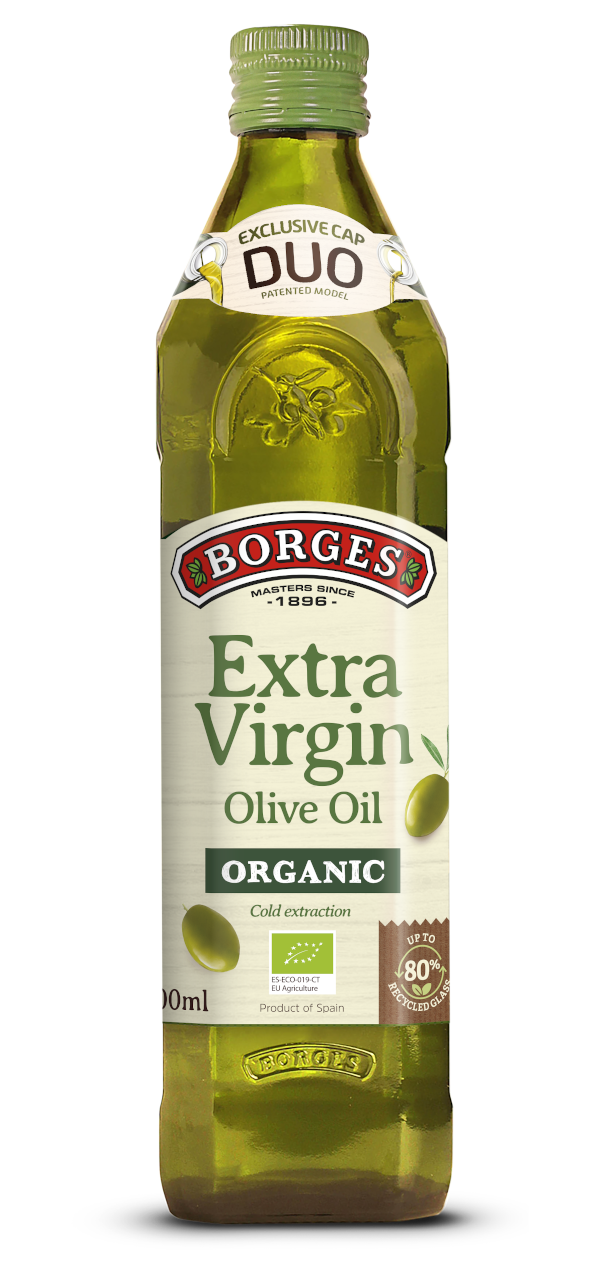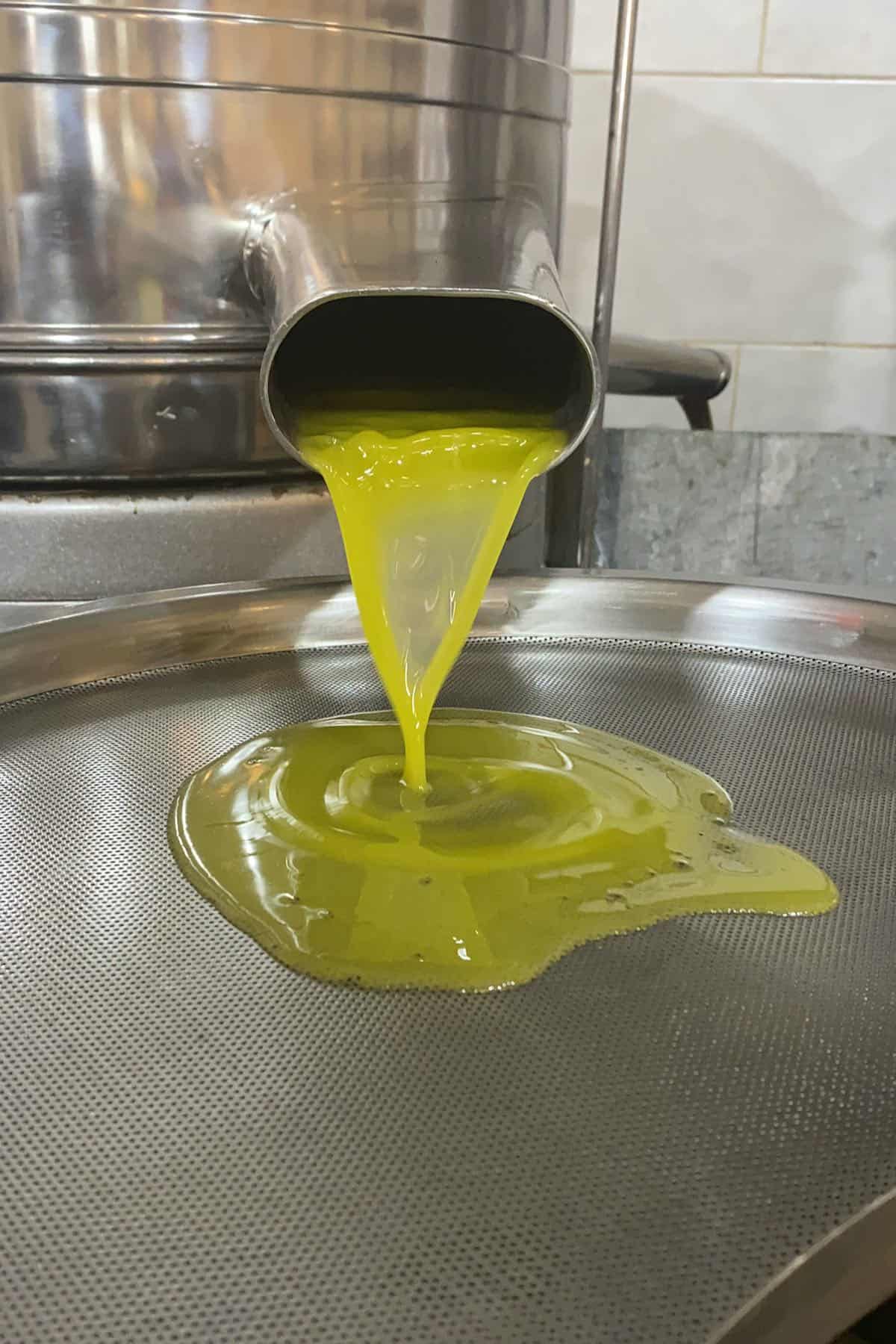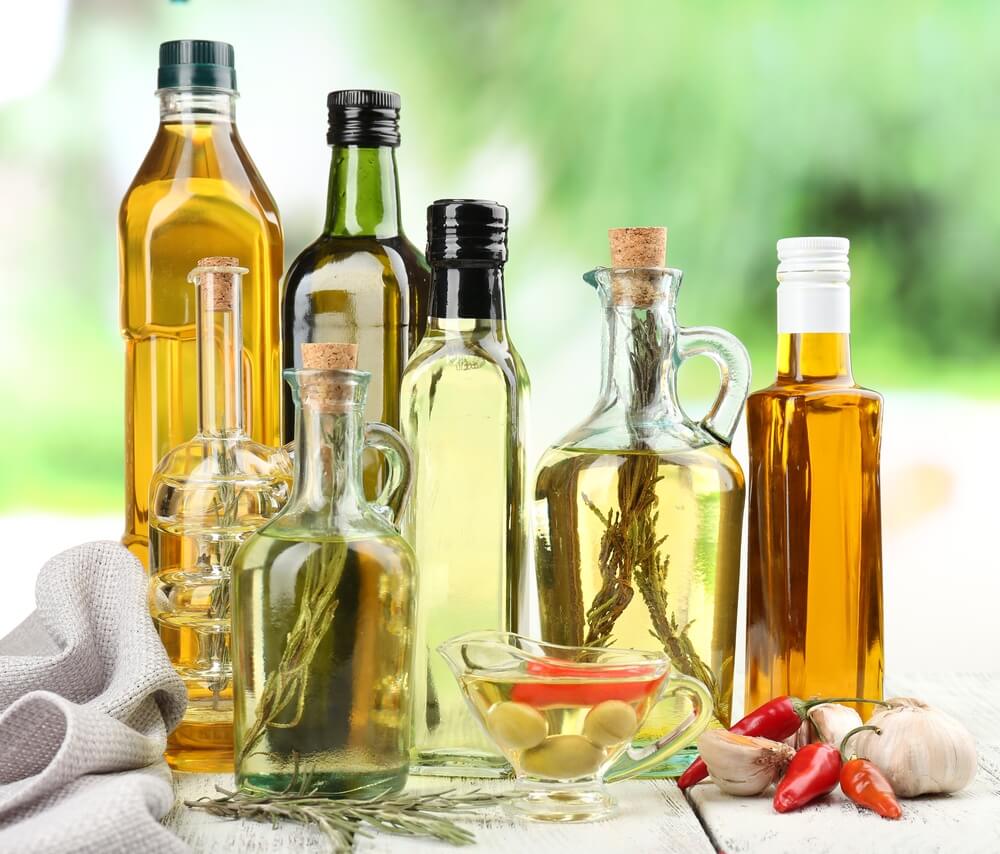Discovering the Various Sorts Of Olive Oil and Their Uses, Including Bonus Virgin Olive Oil
The exploration of olive oil encompasses a varied series of kinds, each offering distinct flavors and culinary applications. Extra virgin olive oil, renowned for its remarkable quality and health and wellness benefits, acts as a staple in several kitchens, yet it is only one aspect of this multifaceted active ingredient. extra virgin olive oil benefits. Other ranges, such as refined and pure olive oils, additionally require focus for their unique residential properties and usages. Comprehending these differences can significantly affect both food preparation strategies and flavor profiles. What, after that, should one consider when selecting the right olive oil for a specific culinary endeavor?
What Is Olive Oil?
Acquired from the fruit of the olive tree, olive oil is a staple in Mediterranean cuisine and a crucial ingredient in various cooking applications. This flexible oil is generated by pushing entire olives, leading to a fluid that varies in fragrance, flavor, and color relying on the kind of olives made use of, the area of cultivation, and the removal procedure. Olive oil is predominantly composed of monounsaturated fats, particularly oleic acid, which is understood for its prospective wellness advantages, including anti-inflammatory homes and cardiovascular support.
Along with its cooking usages, olive oil has a long history of application in typical medicine and skincare, owing to its abundant antioxidant content (extra virgin olive oil benefits). The oil is usually utilized in dressings, marinates, and for cooking approaches such as sautéing and roasting. Its unique flavor account can enhance the taste of various recipes, making it a vital active ingredient for both home cooks and professional chefs
In addition, olive oil is celebrated for its duty in the Mediterranean diet, which is related to numerous wellness benefits. As recognition of these benefits expands, olive oil remains to acquire appeal worldwide as a fundamental component of a healthy and balanced way of life.
Kinds Of Olive Oil
Understanding the numerous types of olive oil is important for both cooking fanatics and health-conscious customers. Olive oil is identified primarily based on its extraction method and quality, which dramatically influences its wellness, flavor, and aroma benefits.

Light olive oil, in spite of its name, describes a lighter taste and not lower calories. It is excellent for those seeking an extra refined preference in dressings and marinades. Furthermore, there are flavored olive oils instilled with herbs, seasonings, or citrus, which can enhance recipes without the requirement for extra spices.
Each sort of olive oil serves certain culinary objectives, and recognizing these differences allows consumers to make educated choices that line up with their food preparation styles and wellness goals.
Bonus Virgin Olive Oil
Extra virgin olive oil (EVOO) is extensively regarded as the finest quality olive oil offered, popular for its rich flavor and many health benefits. To be categorized as extra virgin, the oil must be produced from fresh olives utilizing mechanical processes, without using solvents or extreme heat. This meticulous approach maintains the oil's natural tastes, anti-oxidants, and healthy fats, resulting in a product with a reduced acidity degree of less than 0.8%.
EVOO is abundant in monounsaturated fats, especially oleic acid, which is linked to lowered swelling and boosted heart wellness. It additionally contains polyphenols, effective antioxidants that may use protective impacts versus persistent illness. The taste account of EVOO can differ considerably depending upon the olive variety and area of manufacturing, ranging from fruity and grassy to durable and sharp.

Culinary Use Olive Oil

In food preparation, olive oil can be used for sautéing, roasting, and barbecuing, supplying a much healthier option to butter or various other fats. Its high smoke factor makes it ideal for different cooking approaches, while its antioxidants contribute to a heart-healthy diet plan. Sprinkling olive oil over completed recipes, such as pasta, fish, or smoked vegetables, can elevate flavors and add a touch of style.
Moreover, olive oil plays a substantial function in baking, where it can replace typical fats in dishes for bread and breads, passing on moisture and a refined preference. It also serves as a base for infused oils, allowing chefs to experiment with tastes such as garlic, natural herbs, or chili, further increasing its cooking possibility. In general, olive oil's flexibility makes it essential in both home and expert kitchen areas.
Deciding On Quality Olive Oil
When picking quality olive oil, it's necessary to consider numerous key elements that influence the product's wellness, fragrance, and taste advantages. Decide for additional virgin olive oil (EVOO), which is acquired from the first cold pressing of olives and consists of the greatest levels of anti-oxidants and useful substances. Look for check out here oils that are accredited by recognized companies, as this typically ensures adherence to rigid top quality standards.
The packaging also plays a considerable function in maintaining the oil's integrity. Select oils saved in dark glass containers or tins to shield versus light degradation. Focus on the harvest day; fresher oils supply premium flavor and dietary value, so choose products that are within 18 months of their harvest.
Furthermore, take into consideration the beginning of the oil. Premium olive oils typically come from details areas understood for their distinctive taste accounts, such as Italian, Spanish, or Greek oils. Lastly, recognize the taste; a high quality olive oil should have an equilibrium of fruity, bitter, and peppery notes, suggesting its richness and complexity. By examining these aspects, you can guarantee you are selecting the finest olive oil for your culinary requirements.
Final Thought
In recap, the exploration of different kinds of olive oil click here to read exposes distinct features and applications, with added virgin olive oil standing for the peak of high quality as a result of its reduced level of acidity and high antioxidant web content. Its versatility in cooking usages improves tastes in dressings, sauces, and sprinkles. Comprehending the different varieties of olive oil enables informed choices in food preparation methods, advertising much healthier techniques while enriching the overall gastronomic experience. Quality option stays important for ideal advantages.
Acquired from the fruit of the olive tree, olive oil is a staple in Mediterranean cuisine and an essential active ingredient in different culinary applications.The most typical types of olive oil consist of refined olive oil, pure olive oil, and light olive oil.Extra virgin olive oil (EVOO) is extensively concerned as the greatest quality olive oil readily available, popular for its abundant taste and many health benefits. Choose for added virgin olive oil (EVOO), which is derived from the first chilly pushing of olives and consists of the greatest degrees of anti-oxidants and beneficial substances.In summary, the exploration of different types of olive oil discloses distinct features and applications, with added virgin olive oil representing the pinnacle of high quality due to its low level of acidity and high antioxidant web content.